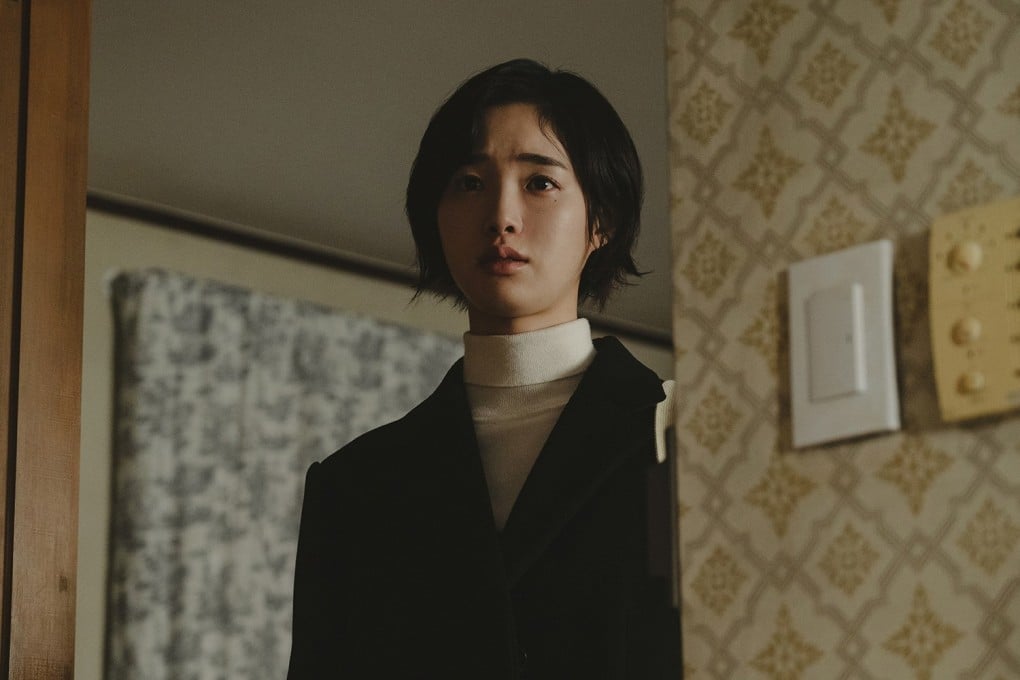Advertisement
Review | Netflix K-drama review: Somebody – sex and violence favoured over logic in intriguing yet perplexing serial killer romance
- App programmer on the autism spectrum meets sociopathic architect and cruelty ensues as their unusual relationship ventures into Bonnie and Clyde territory
- That’s the essence of Somebody, a story that’s hard to decipher but whose themes are alienation and marginalisation. There’s not much logic, but a lot of sex
Reading Time:3 minutes
Why you can trust SCMP

3/5 stars
When its first three episodes premiered at the Busan International Film Festival in October, Somebody looked a tantalising but frustrating show.
Packed with a surfeit of intriguing ideas, it coasted along with a killer ambience, yet the narrative was at best opaque. What was the story and where was it going?
Advertisement
Now the whole series is available to stream on Netflix; while the remaining episodes are just as intriguing, the story is as inscrutable as ever.
As evidenced by tightly woven films like Happy End and Heart Blackened, director Jung Ji-woo has never had trouble conveying a story clearly. The lack of narrative clarity in his latest creation makes it feel like he is pushing us to draw our own conclusions.
Advertisement
Advertisement
Select Voice
Choose your listening speed
Get through articles 2x faster
1.25x
250 WPM
Slow
Average
Fast
1.25x